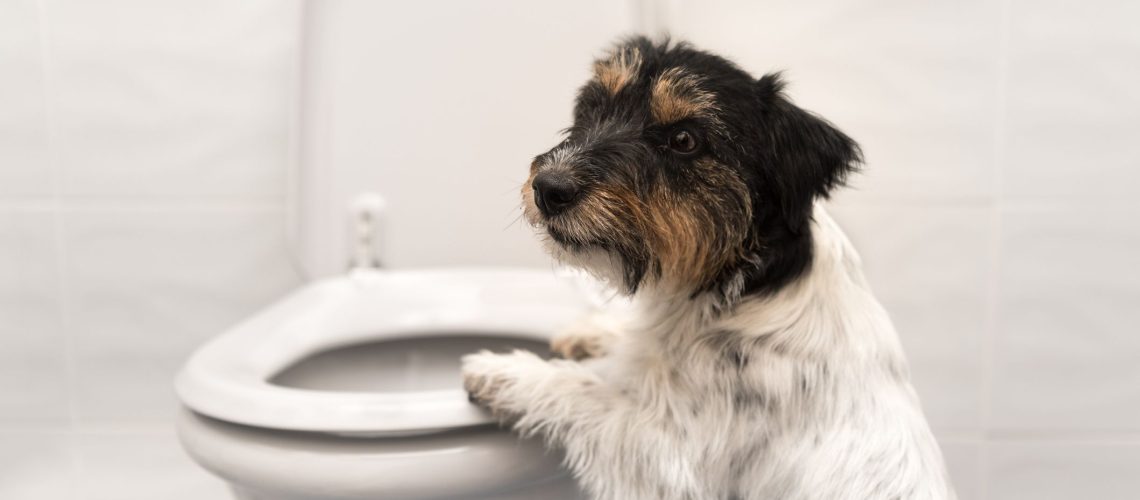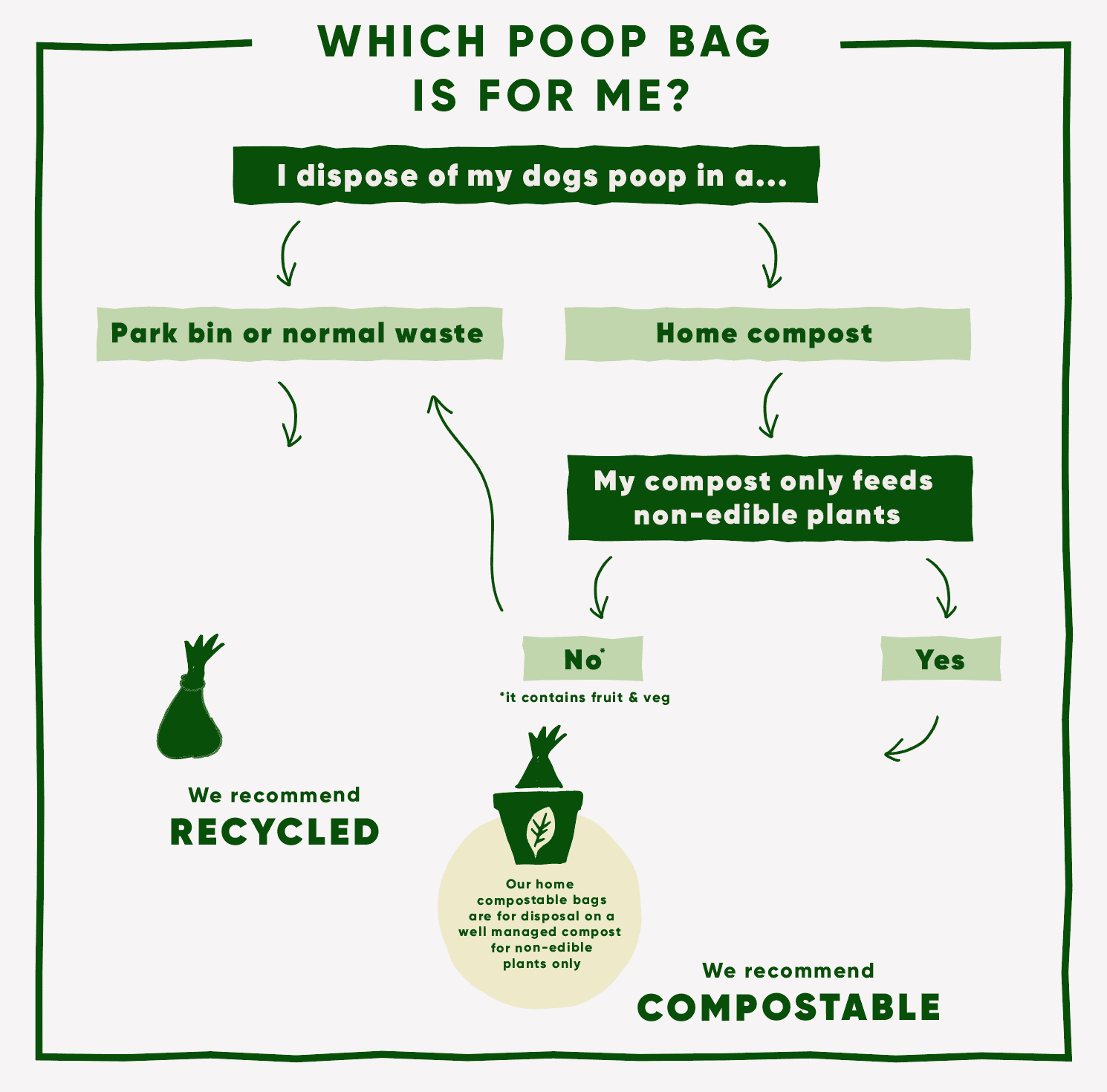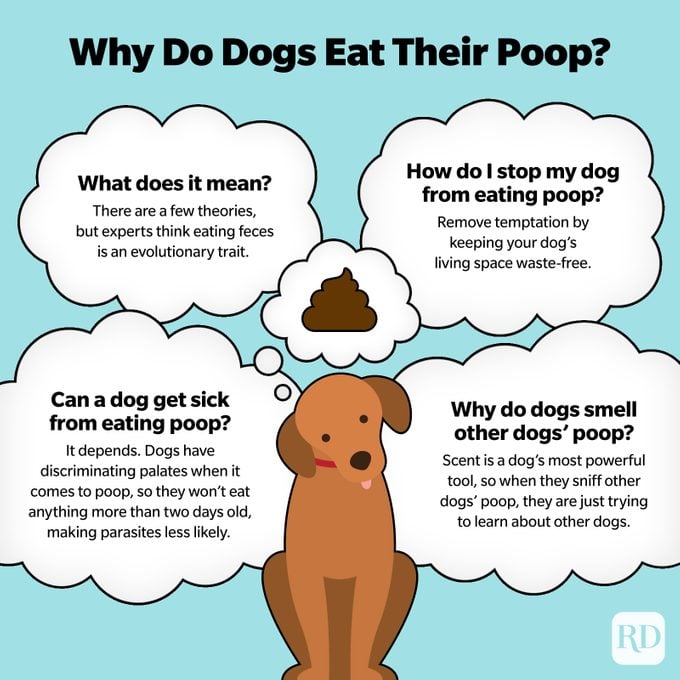Picking up dog poop may not be the most enjoyable task, but there are ways to make it more bearable. Here are five simple methods that can make this chore a little less unpleasant.
Key Takeaways:
- Use biodegradable poop bags to minimize environmental impact.
- Wear disposable gloves or use a pooper scooper to avoid direct contact with the waste.
- Choose a designated area in your yard for your dog to eliminate, making cleanup easier.
- Reward your dog with treats or praise after they do their business to create a positive association with the task.
- Maintain a regular cleaning schedule to prevent buildup and make the process more manageable.
Why is it important to clean up after your dog?
It is important to clean up after your dog because leaving their waste behind can have negative effects on the environment and the health of other people and animals. Dog poop contains harmful bacteria and parasites that can spread diseases, such as E. coli and salmonella. When left on the ground, rainwater can wash these contaminants into rivers, lakes, and streams, polluting the water supply.
Cleaning up after your dog also shows respect for your community. Nobody wants to step in dog poop while walking down the street or playing in a park. It can be a major inconvenience and ruin someone's day. By cleaning up after your dog, you are being considerate of others and helping to maintain a clean and safe environment for everyone.
Benefits of cleaning up after your dog:
- Prevents the spread of diseases
- Maintains a clean and safe environment
- Show respect for others
- Protects water sources from contamination
Tips for responsible dog waste cleanup:
- Always carry poop bags with you when walking your dog.
- Pick up your dog's waste using a bag or pooper scooper.
- Tie the bag securely to prevent any leaks or odors.
- Dispose of the bag in designated bins or stations.
- If there are no designated bins available, take the bag home with you and dispose of it properly in your own trash bin.
Cleaning up after your dog is not only a responsible thing to do but also helps create a cleaner and healthier environment for everyone.
Simple ways to pick up dog poop
Using a poop bag
Picking up dog poop can be a messy task, but using a poop bag can make the process much easier and hygienic. Simply slip your hand into the bag, grab the waste, and then turn the bag inside out to seal it. This prevents any contact with the feces and keeps your hands clean.
Using a pooper scooper
If you prefer not to use your hands directly, a pooper scooper is another great option for picking up dog poop. These tools have long handles and a scoop or claw-like mechanism at the end that allows you to easily collect the waste without bending down. They are especially useful for larger dogs or when cleaning up multiple piles of waste.
Tips for using a pooper scooper:
- Choose a sturdy and durable pooper scooper to ensure it can handle the weight and size of your dog's waste.
- Practice proper technique by positioning the scooper under the waste, closing it securely, and then depositing it into a bag or designated bin.
- Clean and disinfect your pooper scooper after each use to prevent the spread of bacteria or parasites.
Bare-handed method
If you don't have access to bags or scoopers, you can still pick up dog poop using the bare-handed method. However, it is important to wash your hands thoroughly afterwards to minimize any potential health risks. Use gloves if available or wrap your hand in a plastic bag before picking up the waste.
The benefits of using a pooper scooper for dog waste removal
A pooper scooper offers several advantages when it comes to dog waste removal:
Efficiency and convenience
Using a pooper scooper allows for quick and efficient removal of dog waste. The long handle eliminates the need to bend down, making it easier on your back and knees. With a scooper, you can swiftly collect the waste without much effort or mess.
Hygiene and cleanliness
A pooper scooper provides a hygienic way to pick up dog poop, minimizing direct contact with the waste. This reduces the risk of spreading bacteria or parasites that may be present in the feces. Additionally, using a scooper prevents any accidental smearing or tracking of waste onto your shoes or floors.
Environmental friendliness
By using a pooper scooper, you are actively contributing to environmental preservation. Instead of relying on plastic bags that take years to decompose, a pooper scooper allows for direct disposal of the waste into designated bins or composting areas. This helps reduce plastic pollution and promotes sustainable waste management practices.
The benefits of using a pooper scooper for dog waste removal
Using a pooper scooper for dog waste removal offers several benefits for both pet owners and the environment. Firstly, it helps to keep your yard clean and free from unsightly and smelly dog poop. By promptly removing the waste, you create a more pleasant outdoor environment for yourself, your family, and your pets.
Additionally, using a pooper scooper reduces the risk of spreading harmful bacteria and parasites that can be present in dog feces. This is especially important if you have children who play in the yard or if you live in an area with other dogs. Properly disposing of dog waste helps to prevent the transmission of diseases such as giardia and roundworms.
Convenience and ease of use
Pooper scoopers are designed to make the task of picking up dog waste quick and easy. They typically have long handles that allow you to scoop up the waste without having to bend down or come into direct contact with it. Many scoopers also have mechanisms that seal off the waste, preventing any odors from escaping.
Environmental friendliness
Using a pooper scooper instead of plastic bags is also more environmentally friendly. Plastic bags take hundreds of years to decompose in landfills, contributing to pollution and harming wildlife. On the other hand, using a pooper scooper allows you to dispose of the waste in an eco-friendly manner by either flushing it down the toilet or composting it.
Keep your hands clean with gloves while picking up dog poop
Picking up dog poop is not exactly a glamorous task, but wearing gloves can make it much more hygienic and comfortable. Gloves provide a barrier between your hands and the waste, reducing the risk of coming into contact with harmful bacteria and parasites that may be present in dog feces.
Choosing the right gloves
When picking gloves for this task, it is important to choose ones that are durable and waterproof. Nitrile or latex gloves are commonly used for picking up dog waste as they offer good protection and flexibility. Make sure to select gloves that fit well and allow you to maintain a good grip on the scooper or bag.
Proper glove disposal
After picking up dog poop, it is crucial to properly dispose of the gloves to prevent any contamination. Avoid touching the outside of the gloves with your bare hands when removing them. Carefully peel them off from the inside out, turning them inside out as you go. Dispose of them in a designated bin or bag along with the dog waste.
The importance of disposing dog waste in designated bins or stations
Properly disposing of dog waste in designated bins or stations is essential for maintaining cleanliness and preventing environmental pollution. Leaving dog waste on sidewalks, parks, or other public areas can not only create an unpleasant sight and smell but also pose health risks to humans and other animals.
Preventing water contamination
One of the main reasons why it is important to dispose of dog waste properly is to prevent water contamination. When left on the ground, rainwater can wash away the waste into storm drains, rivers, and lakes. This can introduce harmful bacteria and parasites into water sources, posing a threat to aquatic life and potentially contaminating drinking water supplies.
Using designated bins or stations
To ensure proper disposal, use designated bins or stations specifically designed for dog waste. These bins are often equipped with tight-fitting lids to prevent odors and discourage pests. Some areas may also have dog waste composting stations, where the waste can be turned into nutrient-rich soil.
- Always carry waste bags with you when walking your dog.
- Look for designated bins or stations in parks or public areas.
- If no bins are available, take the waste home and dispose of it in your own garbage bin.
Natural alternatives to plastic bags for picking up dog waste
While plastic bags are commonly used for picking up dog waste, there are several natural alternatives that are more environmentally friendly. These alternatives help reduce plastic waste and offer a more sustainable option for disposing of dog poop.
Biodegradable poop bags
Biodegradable poop bags are a popular alternative to traditional plastic bags. They are made from plant-based materials such as cornstarch or vegetable oils, which break down more quickly in the environment compared to regular plastic. These bags still provide a convenient way to pick up and dispose of dog waste while minimizing environmental impact.
Newspaper or paper towels
In a pinch, newspaper or paper towels can be used as an alternative to plastic bags. Simply wrap the dog waste in several layers of newspaper or paper towels and dispose of it in a designated bin or compost pile. While this method may not be as convenient as using dedicated poop bags, it is a temporary solution that reduces reliance on single-use plastics.
How often should you clean your yard from accumulated dog waste?
Cleaning your yard from accumulated dog waste regularly is important for maintaining cleanliness and preventing health hazards. The frequency at which you should clean your yard depends on various factors such as the size of your dog, the number of dogs you have, and the size of your yard.
Small dogs and small yards
If you have a small dog and a small yard, it is recommended to clean up dog waste at least once a week. Small dogs produce less waste, so weekly cleaning should be sufficient to keep the yard clean and odor-free.
Large dogs or multiple dogs
For larger dogs or households with multiple dogs, more frequent cleaning may be necessary. Large dogs produce more waste, and having multiple dogs increases the accumulation rate. In these cases, cleaning the yard every 2-3 days is generally recommended to prevent excessive buildup.
Make poop cleanup easier by training your dog to go in a specific area
Training your dog to go in a specific area can make poop cleanup much easier and more convenient. By designating a specific spot for your dog to do their business, you can easily locate and clean up the waste without having to search your entire yard.
Selecting a designated area
Choose an area in your yard that is easily accessible for both you and your dog. It should be away from high-traffic areas such as walkways or play areas. Consider using visual markers such as flags or signs to clearly indicate the designated spot.
Positive reinforcement training
To train your dog to use the designated area, use positive reinforcement techniques. Take them to the spot regularly after meals or walks and reward them with treats or praise when they eliminate there. Consistency is key in reinforcing this behavior.
- Create a routine by taking your dog to the designated area at consistent times throughout the day.
- Praise and reward your dog immediately after they eliminate in the designated spot.
- Be patient and consistent with the training process, as it may take some time for your dog to fully understand and comply.
| In Summary | |
| 1. | Invest in a good quality poop scooper to make the task easier and hygienic. |
| 2. | Use scented poop bags or add a drop of essential oil to mask the odor. |
| 3. | Try using a long-handled pooper scooper to avoid bending down too much. |
| 4. | Consider using biodegradable bags for an
More Reads
Dr. Clara Bennett
Hello, fellow pet enthusiasts! I'm Dr. Clara Bennett, your go-to expert on all things pets. With a background in veterinary medicine and a passion for nutrition, I've spent years diving deep into the world of cats, dogs, birds, horses, and the products that keep them thriving. From the English countryside, I've witnessed the magic of animals and am here to share my knowledge, ensuring your pets receive the best care. Together, let's master the art of pet care!
All Posts »
Next Steps In Mastering Cat CareNext Steps In Mastering Dog CareJoin Our NewsletterSubscribe to receive our latest updates in your inbox! |
















